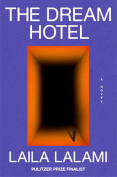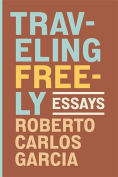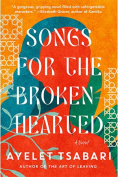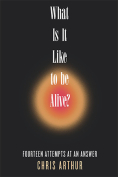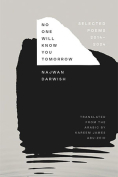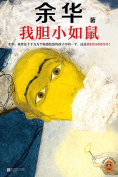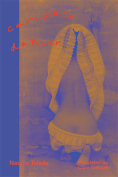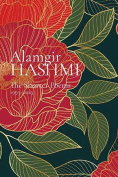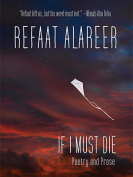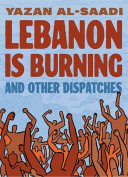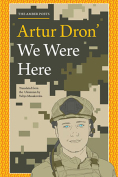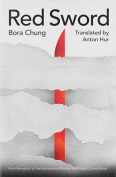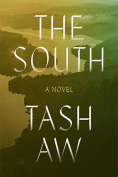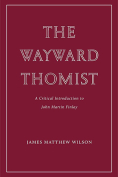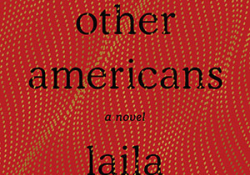The Dream Hotel by Laila Lalami
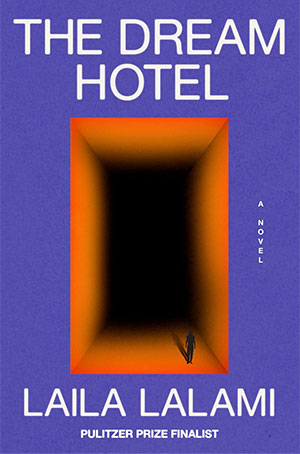
New York. Pantheon. 2025. 336 pages.
In Laila Lalami’s new fiction, The Dream Hotel, an ordinary journey home turns into a nightmare. Sara Hussein, a Moroccan American scientist, is detained at LAX upon returning from a conference. The Risk Assessment Administration claims that her dream data suggests she is about to commit a crime against her husband, thus requiring twenty-one days of observation. However, what is supposed to be a temporary measure turns into indefinite confinement. Alongside other detainees, Sara is held in a retention center, where every act of defiance results in prolonged detention. Trapped in a system designed to strip away agency, she must decide whether to comply or resist, knowing that either choice could determine her fate.
As a blend of sci-fi, thriller, and literary fiction, the novel’s dystopian vibe is reminiscent of Minority Report and Black Mirror. The question the novel raises is equally unsettling: If algorithms can predict crimes, does free will still remain? Lalami constructs a chilling vision of unchecked technological control, where corporations and governments collude to quantify human behavior, turning every decision into a data point. In an era where convenience often outweighs privacy concerns, this cautionary tale feels disturbingly relevant.
Lalami’s narrative is definitely worth applauding for piecing together a world that feels both familiar and strange. The novel’s tempo is well controlled, with the latter part gradually accelerating to make the protagonist’s struggle more urgent. Through Sara’s perspective, the novel explores the psychological weight of surveillance, while official reports, regulatory documents, and service agreements are interwoven to enhance realism. The cold, impersonal language of these documents sharply contrasts with Sara’s anger and helplessness, further emphasizing the absurdity and injustice of the system.
The Dream Hotel is a vital and timely read. Its greatest achievement lies in its accuracy in capturing the creeping uneasiness of living under constant scrutiny and exposing how technology gradually erodes individual freedom. Lalami not only convinces through psychological portrayal but also creates a suffocating atmosphere, leading readers to question who shapes the ethics of technology and whether society is sleepwalking into submission. More importantly, are the invisible hands controlling technology packaging their own ideology and forcing everyone to follow a unitary grand discourse? In today’s world where technology has deeply infiltrated life, this novel is undoubtedly a loud alarm. (Editorial note: Lalami’s interview with Emily Doyle appeared in the May 2025 issue of WLT.)
Siyu Cao
Shanghai International Studies University

